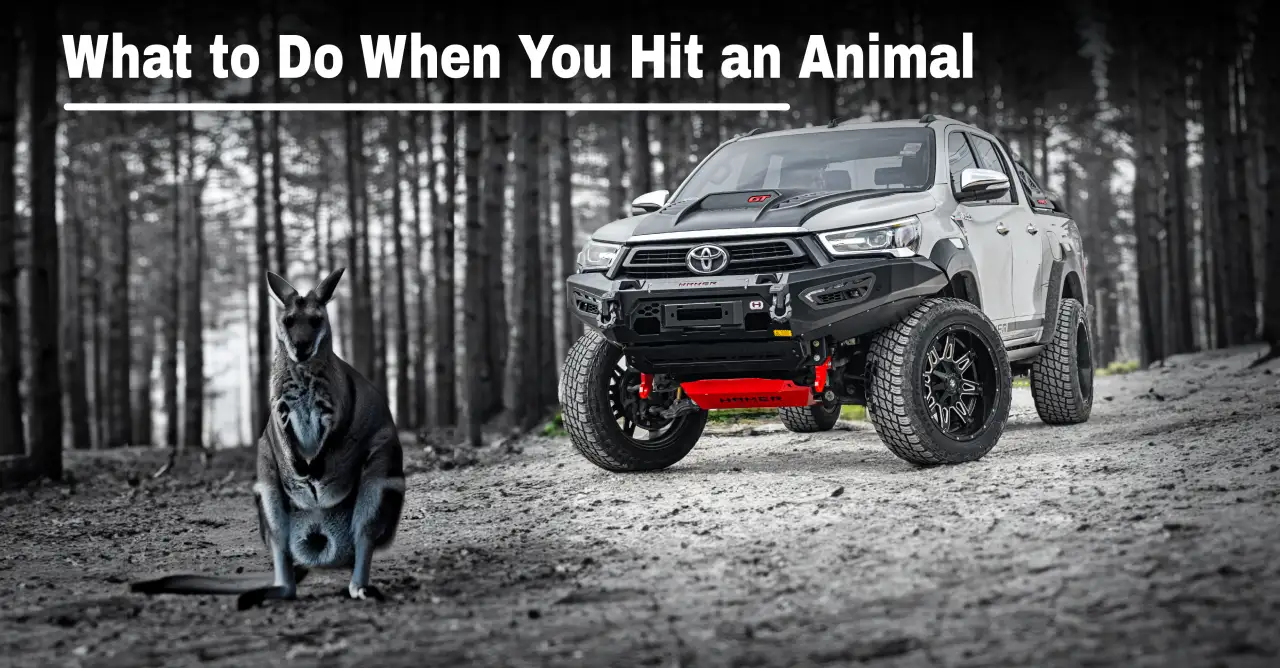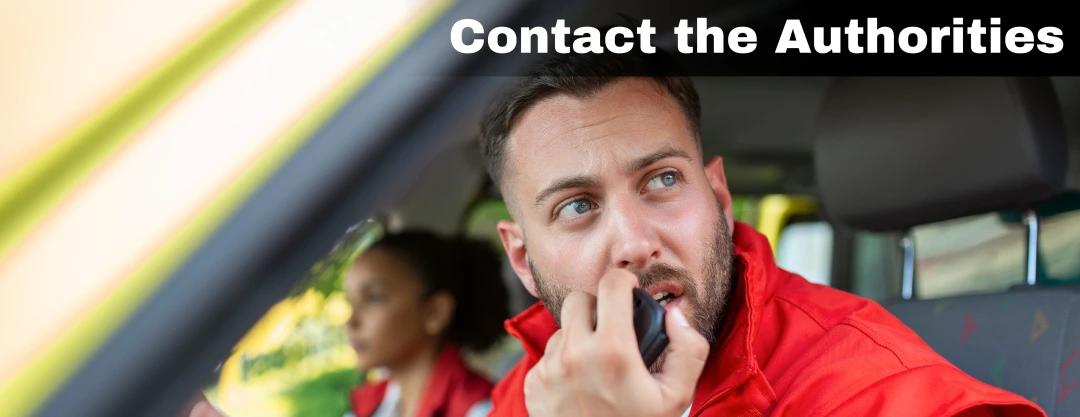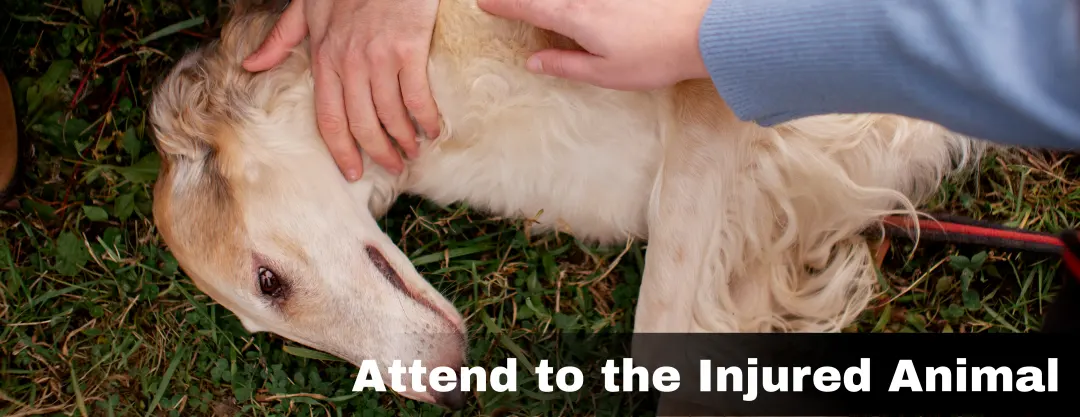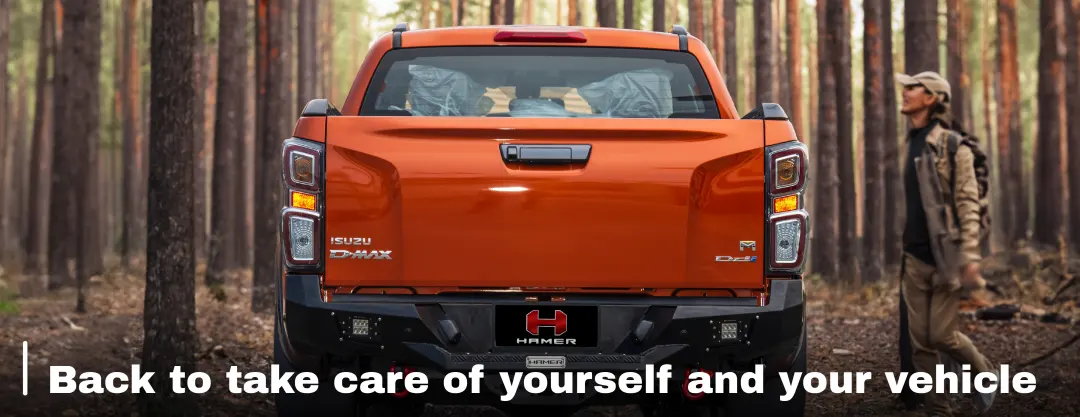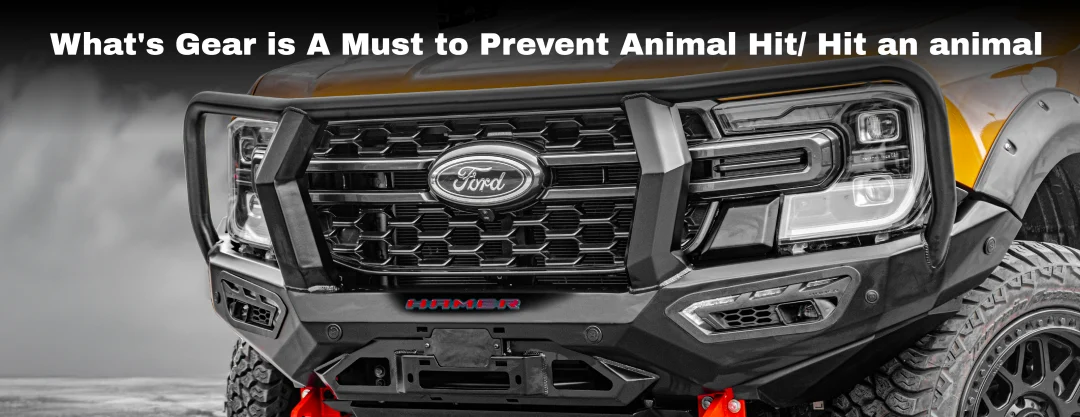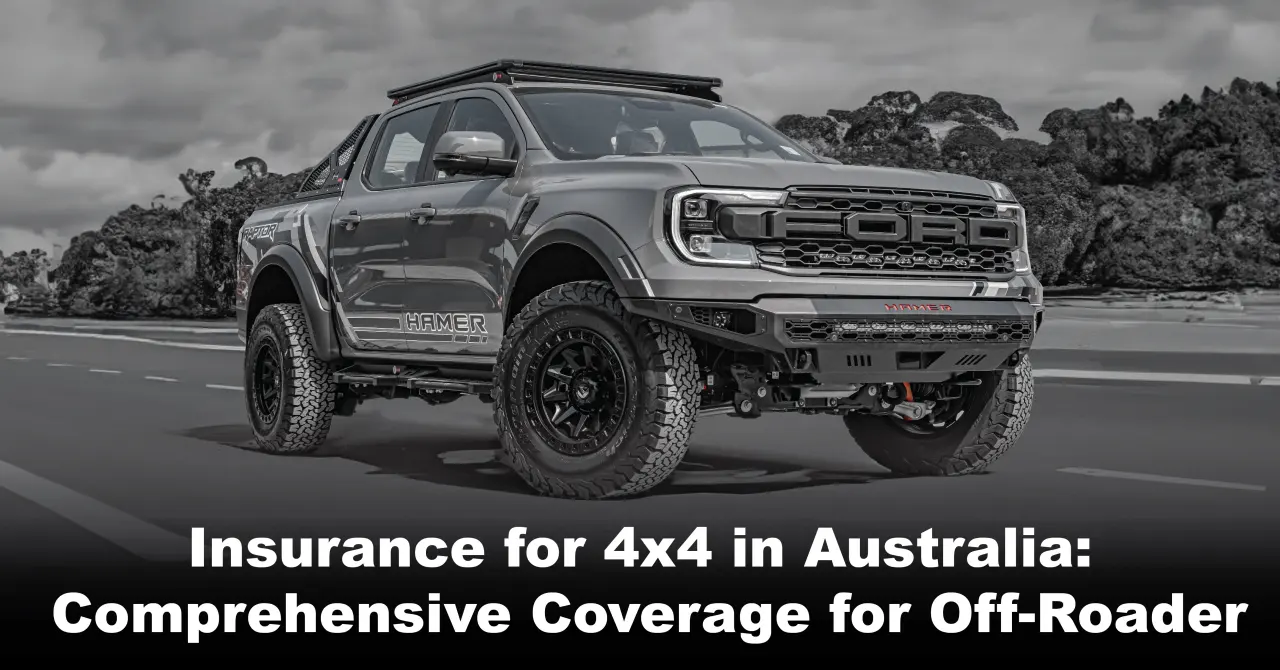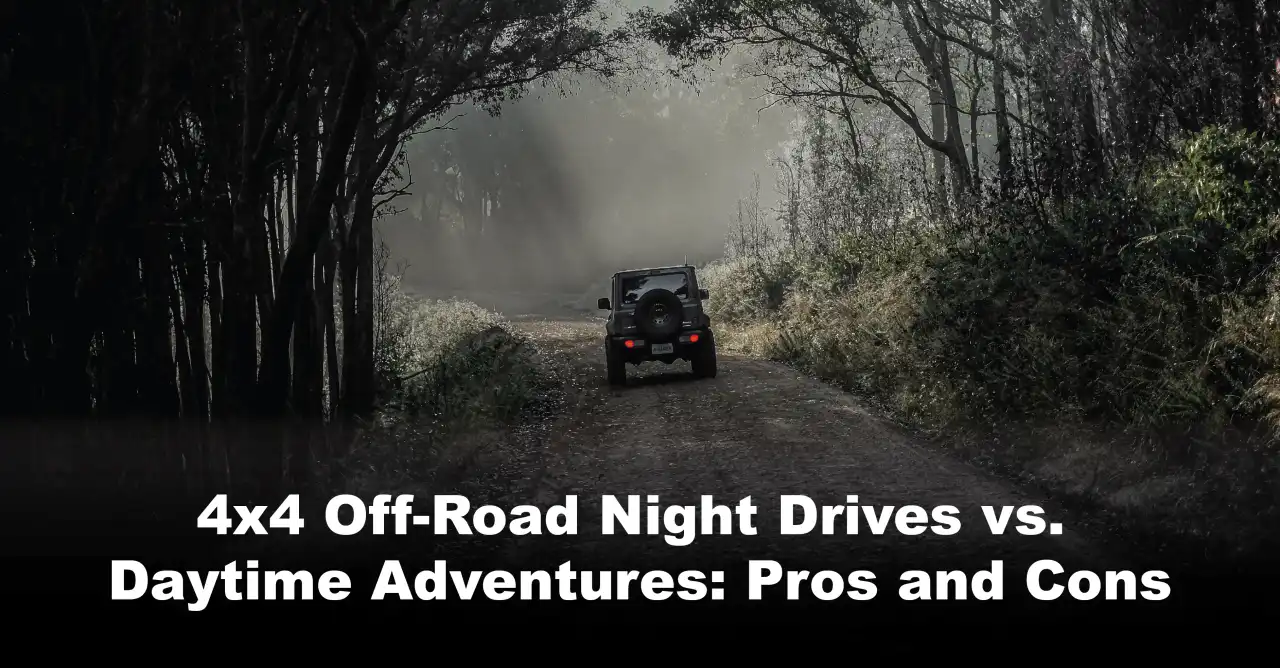NEWS & ACTIVITY
What to Do When You Hit an Animal
Driving off-road in your 4×4 vehicle can be an exhilarating adventure, but encountering wildlife is not uncommon. In this guide, we’ll explore the essential steps to take when you find yourself in the unfortunate situation of hitting an animal. Knowing how to respond can make a significant difference, whether it’s an injured animal, a wild animal, or even a pet.
1. Prioritize Safety
Stay Calm and Keep Hazard Lights On
When you hit a wild animal, the first rule is to prioritize your safety and that of other road users. Remember, accidents can happen to even the most cautious drivers. Here’s what to do:
-
Stay calm: Immediately after the collision, take a deep breath and try to remain composed. Panic can hinder your ability to make rational decisions.
-
Activate hazard lights: Turn on your hazard lights to signal to other drivers that something unusual is happening. This can help prevent further accidents.
-
Assess the Animal’s Condition by Checking for Signs of Life: Approach the wild animal or pet cautiously and check for any signs of life. In some cases, an injured animal may still be alive but in critical condition. If it’s clear the animal is beyond help, proceed with care.
Ensure Your Own Safety First
Your safety comes first. Ensure you are safe from any oncoming traffic and potential dangers before proceeding with assistance.
2. Contact the Authorities
Call the Local Police or Local Council
-
Call the Local Police: In the case of a fatality, it’s still important to report the incident to the local authorities. They can assist in removing the dead animal from the road and document the incident if necessary. But if you are in the outback or the rural roads where is no signal, remember to get the walkie talkie to communicate with the police.
-
Notify Animal Control: You may need to notify animal control or the local animal shelter if it’s a domestic pet or livestock. They can assist with identifying the owner and ensuring proper handling. The reason that you need to report the accident to animal control is to save the wild animals and pets’ lives, and it’s illegal to hit an animal and drive away.
3. Attend to the Injured Animal
Approach with Caution
If the animal is still alive and injured, approach it with caution. Remember the safety measures above and:
-
Keep a safe distance from the animal.
-
Avoid any sudden movements that could further agitate it.
-
Do not attempt to move the animal unless it’s necessary to prevent further accidents. Be cautious when handling deceased animals, as they may carry diseases.
Contact Veterinary Surgeons or the Closest Vet
For injured wildlife or unconscious animals, it’s crucial to contact veterinary surgeons or the nearest vet clinic or animal hospitals. They have the expertise and equipment to handle injured animals and provide the necessary care.
4. Back to take care of yourself and your vehicle
Call to the Car Insurance
Because hit an animal is also the car accident. Your car might got dents from the hit. Remember to save their contact details into your phone and call them to assist you.
Consider Emotional Support
Seek Emotional Support: Hitting an animal, even if it results in a fatality, can be emotionally distressing. If you’re feeling overwhelmed or upset, consider reaching out to a friend or family member for support.
Additional Precautions
Maintain a Safe Distance
To avoid hitting an animal in the first place, always avoid driving close to wildlife on the road. Drive cautiously, especially in rural areas where farm animals or wildlife may be present.
Watch for Wildlife Warning Road Signs
The yellow diamond sign exists because it exists. These signs are posted at places with much wild life or where animals are frequently crossing the street.
Watch Your Speed
The limit is set in the car so you can avoid crashing animals regardless of where you drive. In residential roads dogs may run out of control near parks, or foxes, kangaroos, sometimes run across the street after dark. Keeping track of your speed can help you react faster and not lose control to prevent accidents if necessary.
Extra Care for Pets
If you hit someone’s pet or a domestic pet, you may need to contact the animal’s owner if possible. You might can find the their contact details from the name tags or asking pe
This compassionate gesture can provide comfort to both you and the pet’s owner during a distressing time.
What’s Gear is A Must to Prevent Animal Hit/ Hit an Animal
When it comes to preventing animal collisions while driving off-road, having the right gear can make a significant difference. Here are the must-have items to enhance your safety and reduce the risk of hitting animals:
-
Bull Bars
Hamer bull bars are a crucial addition to your 4×4 vehicle. Hamer4x4 provides robust front-end protection, minimizing damage in the event of a collision with animals. Bull bars act as a barrier between your vehicle and the animal, absorbing the impact and reducing the risk of injury to both you and the animal. Check the bull bar list here.
-
Skid Plates
Protect the vulnerable undercarriage of your 4×4 with skid plates. These essential accessories shield critical components like the engine, transmission, and fuel tank from rocks, debris, and uneven terrain. By safeguarding these parts, skid plates help you avoid damage that might result in loss of control and collisions.
-
Light Bars
High-quality light bars, such as those from Hamer 4×4, can significantly improve visibility during nighttime driving. Many wild animals are more active during dusk and dawn, making proper lighting essential for spotting them from a distance. Bright, well-placed light bars can help you detect animals on the road early, giving you more time to react safely.
-
Recovery Gear
While not directly related to collision prevention, having recovery gear on hand is essential for off-road adventures. Items like shackles and recovery points enable you to safely recover your vehicle in case you find yourself in a challenging situation. Staying in control of your vehicle reduces the chances of an accident caused by sudden stops or swerves to avoid obstacles.
-
Roof Racks
Consider a roof rack for your 4×4 to transport gear like camping equipment and luggage. Keeping cargo secured on the roof reduces clutter inside the vehicle, ensuring you have a clear view of the road. Clutter-free interiors make it easier to spot animals and react quickly if they cross your path.
Conclusion
Encounters with animals while driving off-road can be challenging, but with the right approach, you can ensure the safety of all involved. Prioritize safety, contact the authorities when needed, and consider investing in quality 4×4 accessories from Hamer 4×4 to minimize the impact of such encounters. By following these guidelines and using common sense, you can navigate through these situations with confidence and compassion. Follow us on Facebook to get further advice from us and promotions.



































































































